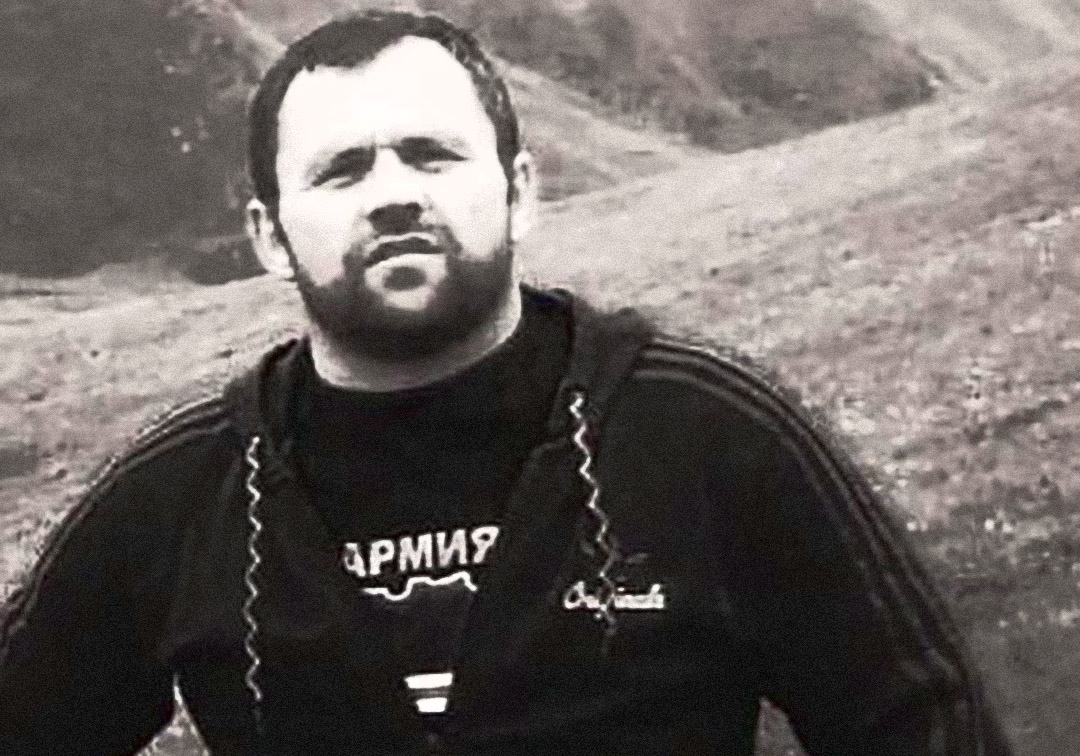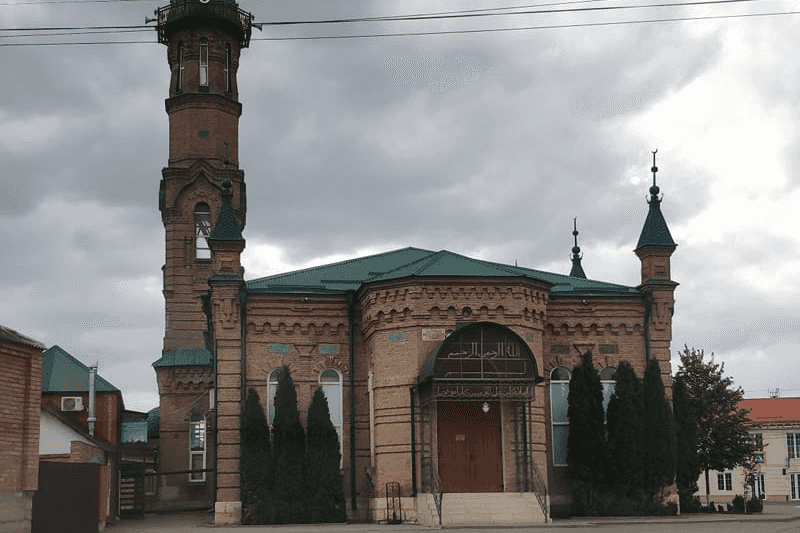
A court in Berlin has sentenced a Russian citizen to life in prison for the murder of Zelimkhan Khangoshvili, a Georgian of Chechen origin, accusing the Kremlin of being behind the killing.
The presiding judge, Olaf Arnoldi, spoke of state terrorism in his verdict. The defendant had committed the murder, he said, out of insidiousness and a political motive. The Russian central government in Moscow commissioned the crime and was responsible for it, the judge stated.
Khangoshvili was gunned down near his flat in a park in Berlin by Vadim Krasikov on 23 August 2019.
Prosecutors said that Germany’s sovereignty and monopoly on the use of force had been called into question when a member of the Russian security services shot Khangoshvili in broad daylight in the middle of Berlin.
The crime was committed in revenge, they said, because Khangoshvili was a combatant in the Second Chechen War and took part, among other things, in the 2004 attack in Nazran, Ingushetia, in which numerous members of the security forces and civilians were killed.
Germany’s new government, which has been in office for just a week, was swift to react. Foreign Minister Annalena Baerbock summoned the Russian ambassador in Berlin and expelled two Russian diplomats.
There have been calls from the opposition for more far-reaching sanctions in consultation with the other EU states. The commissioning of the Nordstream 2 pipeline, which is already under scrutiny in connection with the tensions over Ukraine, remains under discussion. In both the case of Ukraine and the Khangoshvili murder, Russia has been accused of not respecting the sovereignty of other states.
The Georgian Government, in contrast, has remained silent on the verdict. The Foreign Ministry did not return our request for comment.

Khangoshvili’s relatives welcomed the verdict, especially the fact that the Russian state was named as the contracting authority.
They also thanked the witnesses who gave testimony as well journalists from Bellingcat and the Russian investigative platform, The Insider, who contributed to the investigation of the crime at high personal risk.
One witness in the case was former Deputy Interior Minister of Georgia, Giorgi Lortkipanidze, who now works for Ukraine’s intelligence service, the SBU. He confirmed that Khangoshvili worked as an informant for the Interior Ministry’s counterterrorism unit during Mikhail Saakashvili’s time in power and that he brought Khangoshvili in as an intermediary during the 2012 Lopota Incident.
The Georgian government did not provide any information on the background of a 2015 attack on Khangoshvili in Tbilisi. After the attack, Khangoshvili went first to Odessa and then to Germany, where he applied for asylum, which was rejected.
In Germany, he lived with his family and reportedly maintained few contacts with friends and acquaintances. On the evening of the murder on 23 August 2019, he had wanted to meet with Saakashvili’s wife, Sandra Roelofs, after she offered to help him with his asylum case and get involved with the Chechen exile community in Europe.
‘Overwhelming proof’
The court heard how Russian citizen Vadim Krasikov ambushed Khangoshvili near his flat and shot him in a nearby park. Multiple witnesses saw the perpetrator cold-bloodedly firing a third shot at Khangoshvili as he lay lifeless on the ground, speaking of a veritable execution. Krasikov was then reported to have calmly got on a bicycle and ridden away.
Krasikov was arrested not far from the scene of the crime on the river Spree after a call to the police by two young men. The two watched Krasikov changing behind a bush and then throwing his bicycle, pistol, and clothes into the river before trying to escape disguised as a tourist. Armed police arrived just in time and arrested Krasikov.
In his verdict, the judge followed the prosecution, which spoke of a professionally planned crime. Krasikov had been provided with a fake identity as Vadim Sokolov and had travelled to Germany undetected disguised as a tourist. Others stationed in Berlin had spied on the victim and provided Krasikov with information as well as clothing, a bicycle, an electric scooter, and the murder weapon.
The act was so well prepared and designed to conceal the circumstances that it betrayed the Russian state, the judge said. However, after the means of the crime were recovered from the river, investigators were able to prove with DNA evidence and gunshot residue that the defendant was behind the killing.
From a large amount of circumstantial evidence, much of which was provided by Bellingcat and The Insider, the prosecution was able to piece together a picture of Krasikov and his bogus identity, Sokolov.
Important documents and photos were also provided by the Ukrainian authorities, which they had seized from Krasikov’s in-laws in Kharkiv. Krasikov’s brother-in-law also testified in court, confirming not only his identity, but also his activity for Russian security services.
After the 56-day trial, during which 47 witnesses and ten experts testified, the judge said there was ‘overwhelming’ proof of the defendant’s guilt and that the Russian state had contracted the crime.
The panel of judges sentenced Krasikov to life imprisonment under aggravating circumstances. He will not be eligible for parole until at least 15 years.
However, his defence attorney did not rule out the possibility that Krasikov could be extradited to Russia. Krasikov also has one week to appeal the verdict.






